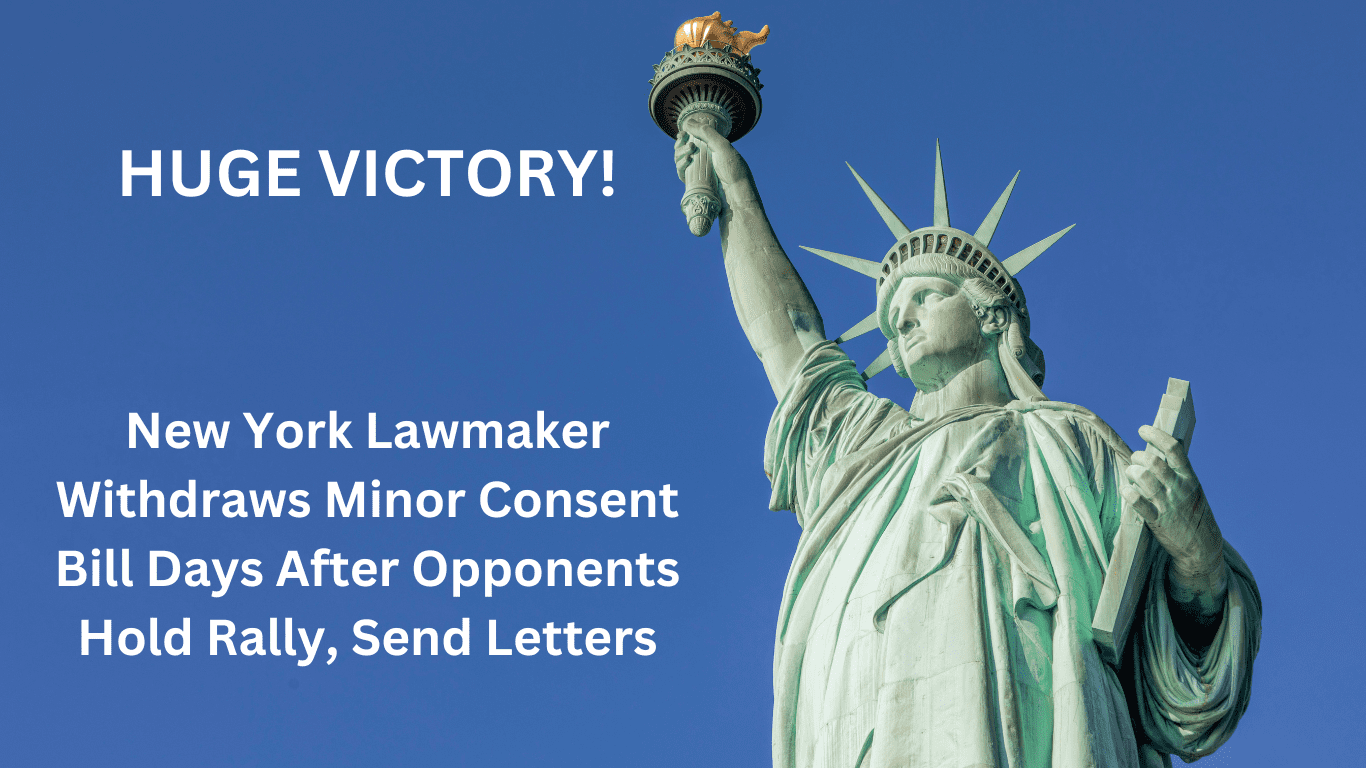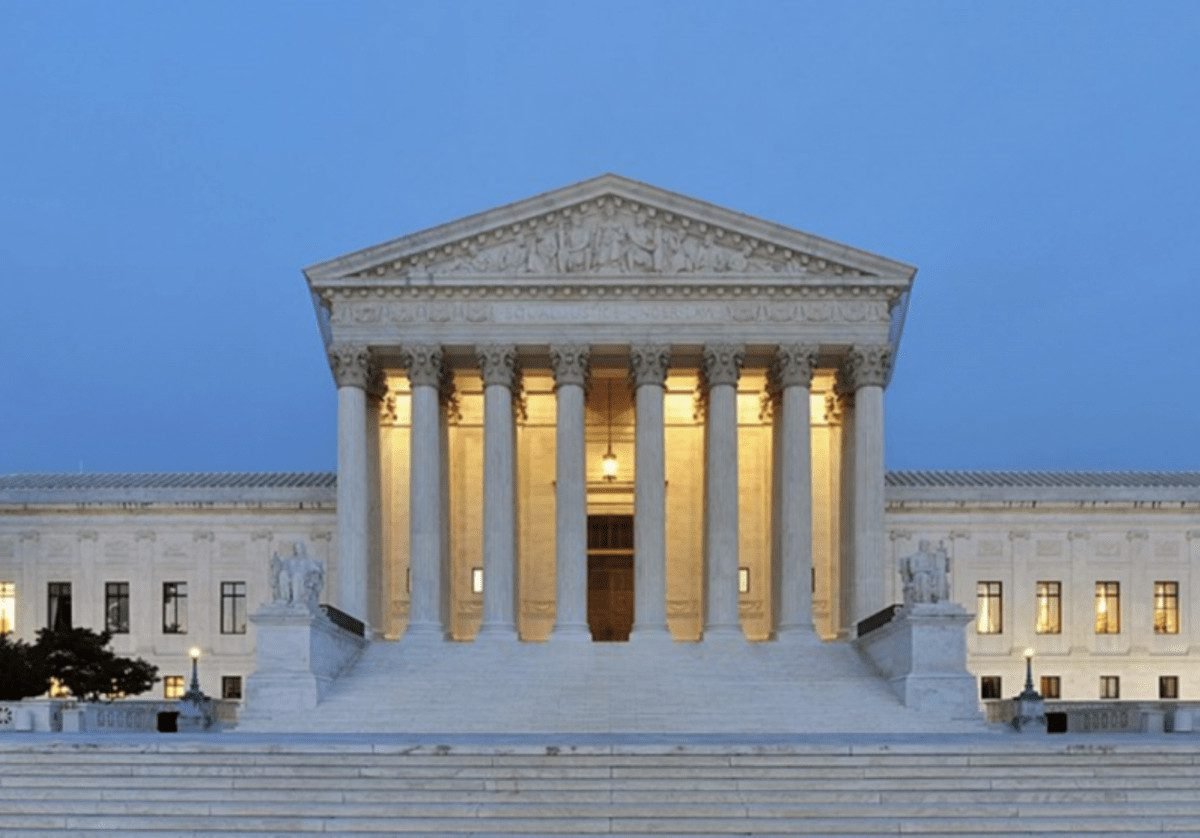Reported by the Epoch Times 09-23-2023- Vaccination Offers ‘No Meaningful Protection’ vs. Long COVID study
The unvaccinated were found to have a slightly lower risk.
Findings in a new study challenge the mainstream narrative that COVID-19 vaccinations prevent long COVID. The study found that while previous infections reduce the risk of long COVID by 86 percent, vaccination status prior to COVID infection is irrelevant to a person’s risk of developing long COVID.
“The notion had been that both previous infection as well as vaccination reduce the chances of subsequent long COVID should you become infected,” Dr. William Schaffner, professor of preventive medicine and health policy at Vanderbilt University Medical Center, told The Epoch Times.
These investigators have poured “cool water” on that concept, he continued.
Researchers from Martin Luther University Halle-Wittenberg, an over-500-year-old research university in Germany, found that people with the highest risk of long COVID or post-COVID condition, as the authors wrote, were unvaccinated people infected with the Wuhan variant, followed by unvaccinated and vaccinated participants infected with the alpha variant.
While not explicitly discussed in the study, the study’s diagram and supplementary tables showed that with the exception of infection with the Wuhan variant, unvaccinated people tend to have a slightly lower risk of long COVID than their vaccinated counterparts.
Furthermore, unvaccinated people infected with the omicron variant had the lowest risk of long COVID.
“Vaccination offered no meaningful protection against developing PCC [post-COVID condition] in case of an infection. In contrast, there was … strong evidence that a previous infection reduced the risk of PCC,” the authors wrote.
Based on Online Questionnaire
Nearly 49,000 people in the German population responded to the survey. Participants were recruited through postal mail. They were then asked to fill out an online questionnaire that included a list of symptoms.
Participants self-reported if they tested positive for COVID-19 and the symptoms they experienced afterward.
The study authors asked for symptoms present from the four- to 12-week post-infection window and for symptoms that persisted after the 12th week. Symptoms that did not persist beyond that were not deemed as long COVID.
Depending on the date of infection, the authors categorized the participant as being infected by the dominant variant at the time.
“We categorized infections before January 1, 2021 as caused by the Wildtype (Wuhan) variant, infections between January 1, 2021 and June 30, 2021 as caused by the Alpha variant, infections between July 1, 2021 and December 20, 2021 as caused by the Delta variant, and infections from December 21, 2021 as caused by the Omicron variant,” the authors wrote.
Of all the surveyed people, around 17,000 had at least one COVID-19 infection, with around 2,800 reporting long-COVID symptoms.
None of the participants in the study was physically examined nor did they present lab tests on their health.
Doctors are engaged in a debate over the study’s findings and its methodology.
Many were concerned that the questionnaire was too subjective. Like many large population-based studies, the findings are provocative, “but they’re often not definitive. You have to do other follow-up studies, many of which are much smaller but much more precise, and they eliminate a lot of the uncertainty,” Dr. Schaffner said.
Dr. Cody Meissner, a professor of pediatrics at the Dartmouth Geisel School of Medicine, argued that the study’s participant is “so heterogeneous” and that he is not sure what to conclude from the study.
As the study authors admit, none of the participants was given an actual diagnosis of long COVID nor tested for comorbidities. It is possible that any of the patients could have been suffering from another disease that may have been unrelated to COVID-19.
Long COVID Is Hard to Define
Another major problem plaguing long-COVID research is that everyone has a different definition of long COVID.
“There is a post-COVID symptomatology … But I don’t think we understand the biological basis; we can’t define it very clearly. So to make a statement that it was more or less common after certain variants or vaccines is pretty difficult,” Dr. Meissner said.
Retired associate professor of Brown University Dr. Andrew Bostom agreed that the long-COVID condition is poorly defined in the literature, so it is hard to conclude if the symptoms are long COVID or if it is something else entirely.
Apart from the loss of smell and taste, all other symptoms that characterize the long-COVID condition can manifest through psychosomatic triggers, Dr. Bostom said.
The study’s findings “look interesting, particularly to people like me that have been disappointed in how such short shrift was given to natural immunity,” Dr. Bostom, who has extensive experience working on pharmaceutical clinical trials, told The Epoch Times. But it’s hard to conclude prior infection is protective against long COVID “if you’re not really sure what the post-COVID condition is.”
Study Findings Validate What Some Doctors See
Dr. Joseph Varon, chief of the Critical Care and COVID-19 Department at the United Memorial Medical Center, told The Epoch Times that he can look past the flaws in the methodology since the study findings validate what he sees in his clinic.
The study did not discuss if vaccinations put people at risk of long COVID. Its graph showed that the vaccinated cohort tended to have a slightly higher risk of long COVID than the unvaccinated, when they were infected by the same variant.
Dr. Varon interpreted this to suggest that vaccinations may put people at a greater risk of long COVID, which is what he has been seeing in his clinic.
“What I’m seeing is that the higher the number of boosters that you have, the more chances … you’re going to have long haul syndrome,” he said, adding that the majority of his long-haul patients are those who took four or more doses of the vaccine rather than those who took up to three doses or were unvaccinated.
Dr. Varon also found that the study’s findings on the most prevalent symptoms very accurately mirror what he sees in his clinic, with fatigue and cognitive impairment being the most common symptoms among his patients.
Psychiatrist Dr. Adonis Sfera at Patton State Hospital agreed that the study’s symptoms are mostly representative of what he sees in his clinic, though the primary symptoms are fatigue and shortness of breath.
He also agreed with the notion that more vaccinations may put people at risk of long-haul symptoms since the vaccinations would induce the production of more spike proteins, which can cause organ damage and symptoms.
“The vaccines make our cells express the spike antigen. So the more vaccinated you are, the more likely you are to express the antigen,” he said.
Hide Vaccine Injuries From Scrutiny?
Nurse practitioner Scott Marsland, who shares the Leading Edge Clinic, a long-COVID and vaccine-injury practice, with pulmonary critical care physician Dr. Pierre Kory, expressed concern that the study findings may hide vaccine injuries from scrutiny.
“[The paper] helps perpetuate the narrative that … it doesn’t make a difference whether or not [someone] got the vaccine; it’s all about whether or not they got infected and which variant they got,” Mr. Marsland said.
Long COVID and vaccine injury can share very similar symptoms, but detailed patient records would show that the symptoms appeared after different exposures.
Mr. Marsland was concerned that the study dismisses the cumulative effects the vaccines may have on patients, which contradicts what he sees in his clinic.
Some of his patients developed mild symptoms after their first or second shot, but they did not link it temporally to the vaccines until “they got the booster or a second booster” and their symptoms became severe, he said.





